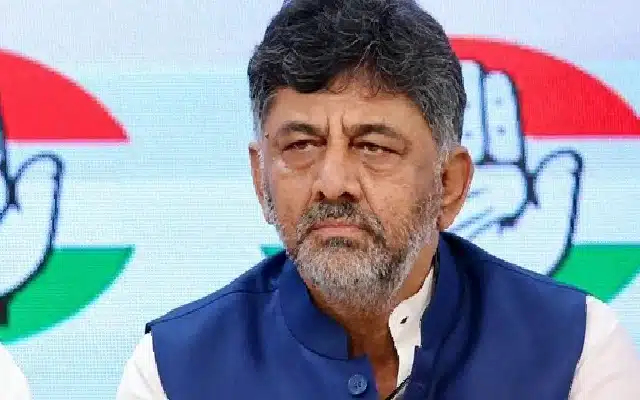
The trajectory of COVID-19 cases is upward at around 11000 cases per day. The Death rates are also up. Doubling rates are slightly lowered while recoveries are a cause for cheer. Some states have it worse than others and two of those states are on the western coast, with another couple right behind them.
They are in the path of the SW Monsoon and the monsoon could cause a surge say scientists but that’s not definite. Physical distancing and masking have been thrown to the winds if one observes political events like inaugurations and a few other festival events. Religious places and restaurants have also been opened and the issue at hand will be self-discipline. The second epidemic may come back in late July or August in the monsoon, although the peak timing will depend on how we control social distancing during that time, Samit Bhattacharya, associate professor at the Department of Mathematics, Shiv Nadar University, had told PTI.
Earlier it was believed the heat of the summer would kill the virus. Now that the monsoon and the number of cases is peaking, the discussion has veered around to how the virus will behave.
Since it is a new virus, scientists do not have any clarity on how it will behave in the kind of monsoon that India goes through. Already Gujarat and Maharastra the two worst-hit COVID19 states have received their fair share of the monsoon. Generally accepted is the fact that vector-borne diseases like malaria, dengue, and chikungunya come with rain.
But influenza is also found in increased doses during the monsoon. The problem, as Dr Marc-Alain Widdowson, an infectious disease epidemiologist who worked with US Centers for Disease Prevention and Control and is now Director of the Institute of Tropical Medicine, Antwerp, Belgium, points out, in an article in the Indian Express is that even in the case of influenza, and several other viral respiratory diseases, the drivers for their seasonal behavior are not fully understood.
So what will happen this monsoon?
The SARS-CoV-2 is a new virus and it is mutating but at a slower rate than the Influenza virus. Already there are more than one strain in operation. It is also treating all human beings equally. So environmental and social factors may be influencing the spread. And one of the factors could be the monsoon.
Modeling has already predicted peaking in July at the peak of the monsoon. But it may or may not be related to the monsoon. It may be just a natural progression.
The question is whether the wet conditions will wash away the effect of the droplets which is the primary mode of transmission?
Chitra Pattabiraman a virologist / molecular biologist writing in orfoonine.org says the stability of the droplets containing the virus is likely to be influenced by a change in climatic conditions since how droplets containing virus particles grow bigger or smaller is determined by the humidity as well as the temperature. She goes on to say that the effect on fomites is unknown. “we do not know how this will be influenced by the monsoons. Under highly humid conditions, condensation might actually help to clear the virus from surfaces.”
Fecal transmission is also an issue during the monsoon. If there are floods or cyclones and people are put up in relief camps, this will become a big issue.
The challenge is to handle the outbreak of viral influenza and vector-borne diseases along with the Corona Virus. The Indian Healthcare system is already straining at the seams and is the greater challenge perhaps.


















